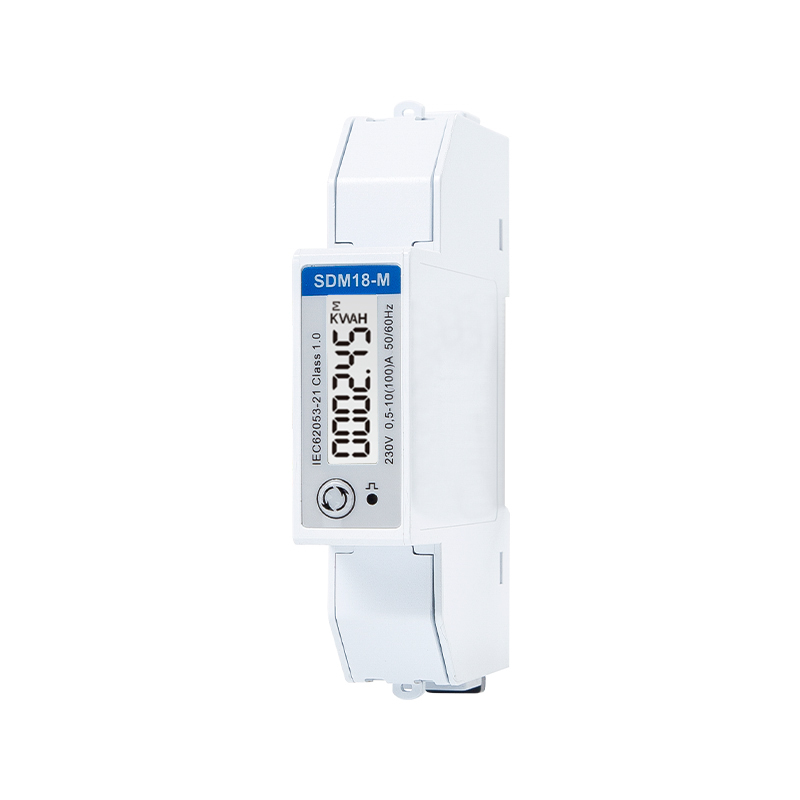Product Consultation
Your email address will not be published. Required fields are marked *
EV charging meters themselves don’t directly handle overcharging protection, but they play an important role in ensuring that the charging process remains safe and efficient by providing accurate metering data. Overcharging protection is typically managed by the EV’s onboard charging system and the charging station’s control mechanisms. Here's how these components work together to prevent overcharging and ensure the battery doesn't receive excessive power:
Battery Management System (BMS):
The primary responsibility for overcharging protection lies with the EV's Battery Management System (BMS). The BMS monitors the state of charge (SOC) of the battery, ensuring that the charging process stops when the battery reaches its optimal full charge level, typically around 80-100% of its capacity. It also helps protect the battery from issues like excessive heat or voltage fluctuations.
Charging Station Control:
Most modern charging stations are designed to communicate with the EV to manage the charging process. The charging station will send signals to the vehicle to adjust the charging current or voltage. If the battery is nearing full charge, the charging station will reduce the power being sent or stop charging entirely once the BMS in the car signals that the battery is full.
Charging Metering and Monitoring:
Charging meters measure the amount of energy supplied to the vehicle and ensure that charging is being done within specified limits. They may not directly prevent overcharging but help provide accurate data to both the EV owner and the charging station operator. The metering system can record the charging session, track the total energy consumed, and notify the user if there’s any irregularity or excessive consumption.

Smart Charging Protocols:
Smart charging systems use Vehicle-to-Grid (V2G) or Vehicle-to-Home (V2H) technology to interact with the EV and the grid. These systems optimize charging rates, prevent overcharging, and adjust power delivery based on the vehicle's battery status. In smart metering systems, there may be additional features like dynamic load management, where the charging station can adjust the charging rate in real-time based on grid demand and the vehicle’s battery condition.
Regulated Charging Limits:
In some regions, EV chargers are regulated to prevent overcharging. These regulations ensure that chargers meet certain standards for maximum output and follow specific safety protocols to prevent delivering excessive energy to the battery. In addition, many public charging stations are programmed with automatic cutoffs or timers to ensure the battery is not left on the charger indefinitely.
User Notifications:
In some smart metering systems, users are notified through an app or display screen when the battery is nearing full charge. This can help avoid accidental overcharging or leaving the vehicle plugged in for longer than necessary, especially if the BMS or charging station hasn't completely cut off power.
Your email address will not be published. Required fields are marked *
We develop and produce high performance electricity meters, power analyzers, current sensors, communication modules and management systems. China Custom Smart Meters Manufacturers and Factory
Eastron China (HQ) : NO 52, Dongjin Road, Nanhu, Jiaxing, Zhejiang, China
Eastron UK : Suite 1 Cornwallis House, Howard Chase, Basildon, UK
Eastron EU : Unit 3 Finglas Business Centre, Jamestown Road, Finglas, Dublin, Ireland
Copyright @ Eastron Electronic Co., Ltd. All rights reserved Electricity Meters Manufacturers
